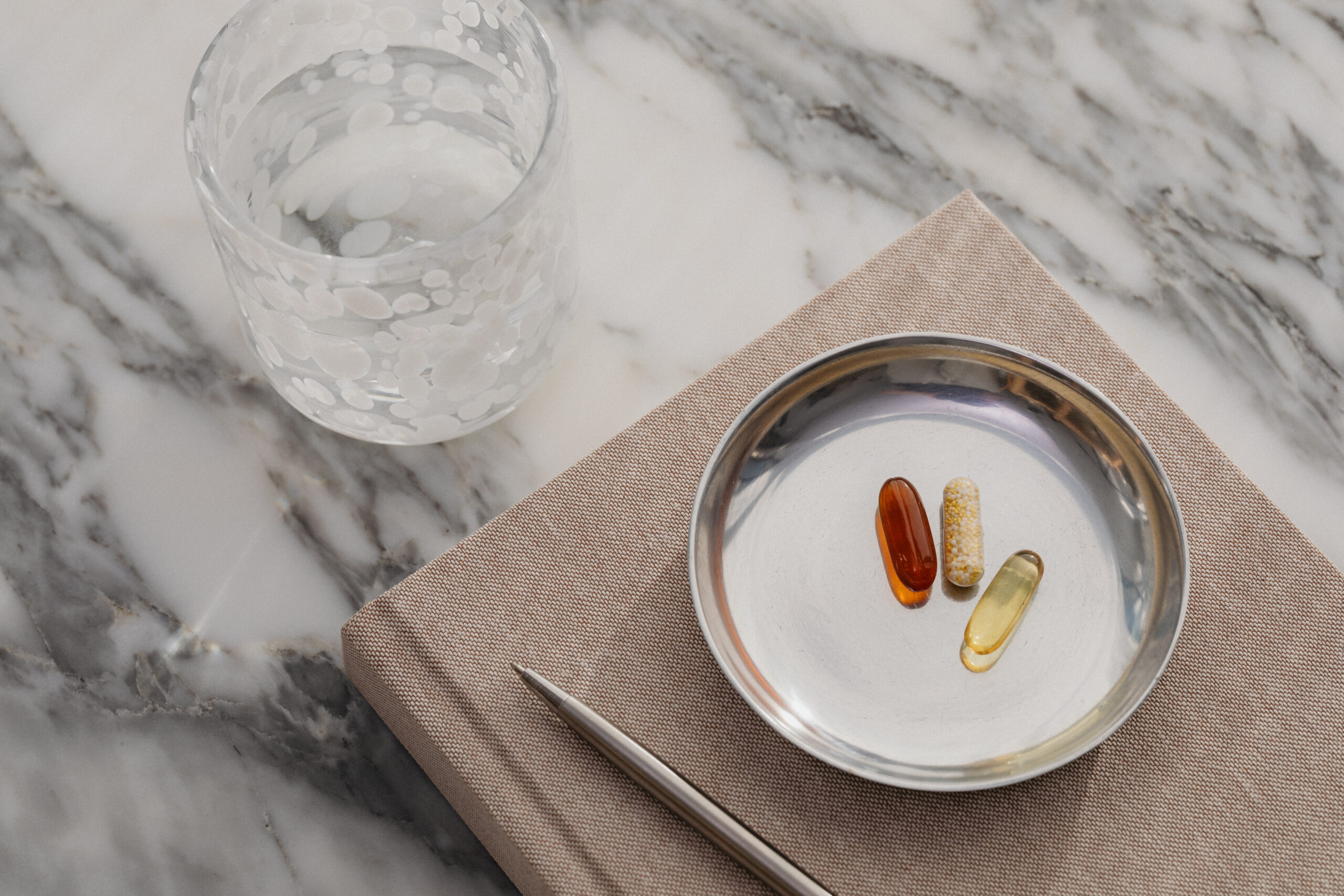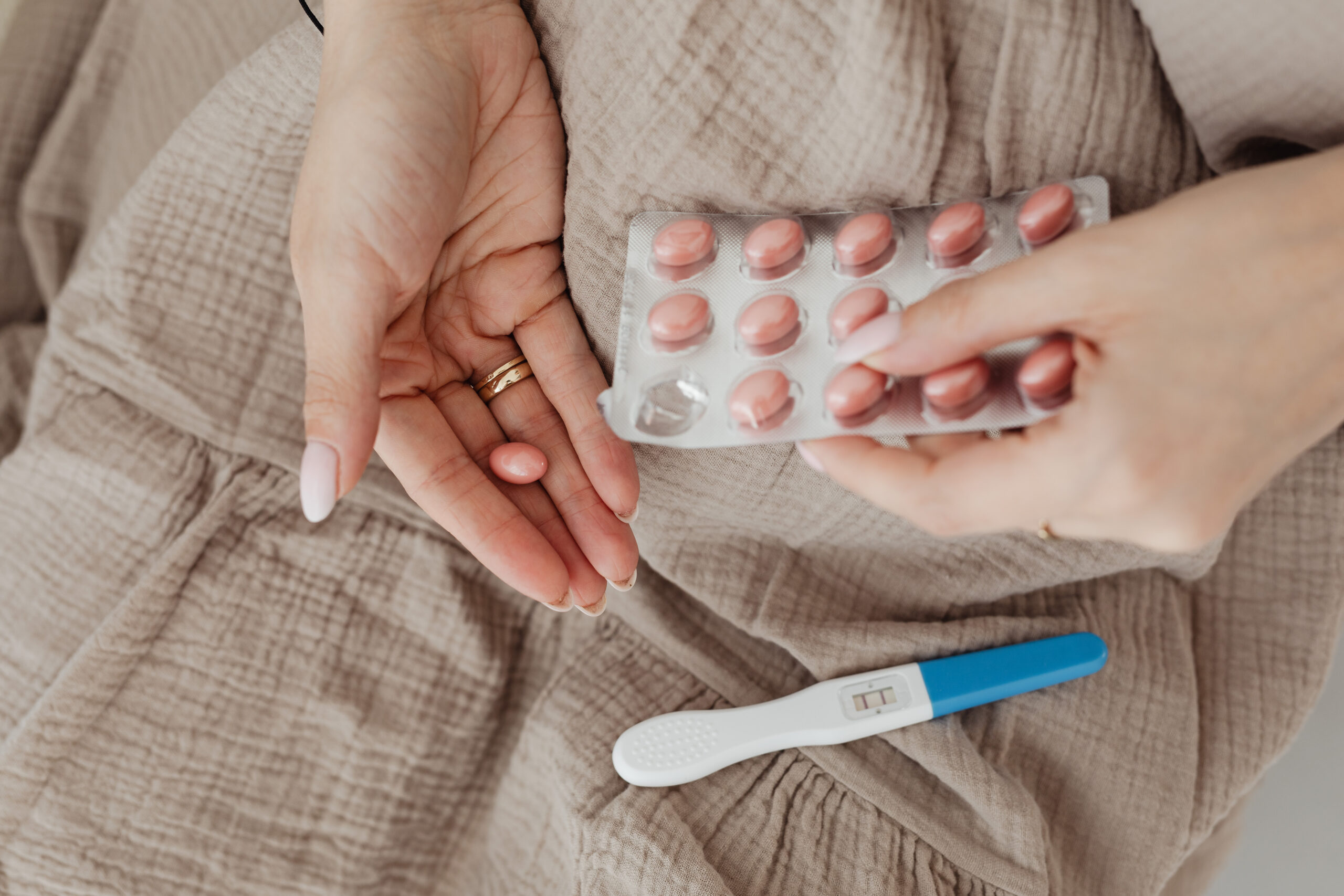Endometriosis is often thought of as a reproductive health condition, but it’s actually a systemic inflammatory condition characterised by endometrial tissue growing outside of the uterus. There is emerging research suggests that gut health plays a significant role in its development and progression. Many women with endometriosis experience digestive symptoms like bloating, constipation, diarrhoea, and food sensitivities, which may be linked to leaky gut, gut dysbiosis, and chronic inflammation.
Understanding the gut-endometriosis connection can help you take a holistic approach to managing your symptoms and improving your overall health. In this blog, we’ll explore the link between gut health and endometriosis, how naturopathic medicine can help, and what you can do to support your gut for better hormonal balance and reduced inflammation.
The Gut-Endometriosis Connection
Your gut and reproductive system are more connected than you might think. Research shows that imbalances in the gut microbiome can worsen inflammation, disrupt oestrogen metabolism, and contribute to immune dysfunction—all of which play a role in the severity of endometriosis symptoms.
The key gut-related factors involved in endometriosis include:
- Leaky gut (intestinal permeability)
- Gut dysbiosis (microbial imbalance)
- Overactive immune response driven by inflammation
- Lipopolysaccharide (LPS)-driven inflammation
By addressing these gut health issues, you may be able to reduce inflammation, support hormone balance, and improve digestive symptoms that often accompany endometriosis.
Leaky Gut & Endometriosis
Leaky gut syndrome (also known as intestinal permeability) occurs when the lining of the gut becomes damaged, allowing undigested food particles, toxins, and inflammatory molecules to pass into the bloodstream. This can trigger immune system activation which causes systemic inflammation, and may contribute to endometriosis flare-ups.
How Leaky Gut Affects Endometriosis:
- Increases systemic inflammation → Worsens pelvic pain and period pain
- Triggers immune dysfunction → May contribute to the development of endometriotic lesions
- Contributes to food sensitivities → Can lead to bloating, IBS-like symptoms, and discomfort
How to Heal Leaky Gut:
- Remove inflammatory foods → Avoid common inflammatory foods like gluten, dairy, refined sugar, and processed foods
- Support the gut lining → Consume bone broth, collagen, and aloe vera
- Increase anti-inflammatory foods → Eat turmeric, ginger, and omega-3-rich foods
- Balance stomach acid → Apple cider vinegar and digestive bitters can improve digestion
Learn more about diet suggestions here.
Gut Dysbiosis & Endometriosis
Gut dysbiosis refers to an imbalance of beneficial and harmful bacteria in the gut. Women with endometriosis are more likely to have a disrupted gut microbiome, which can contribute to hormonal imbalances and chronic inflammation.
Signs of Gut Dysbiosis in Endometriosis:
- Bloating and gas
- IBS-like symptoms (constipation, diarrhoea, or alternating bowel habits)
- Burping, reflux and flatulence
- Poor digestion and nutrient absorption
The Role of the Estrobolome in Endometriosis
The estrobolome is a collection of gut bacteria responsible for metabolising and regulating oestrogen levels. When the gut microbiome is out of balance, it can lead to oestrogen dominance, which is a major driver of endometriosis symptoms.
How to Restore Gut Balance:
✔ Increase probiotic-rich foods (fermented foods, yogurt, sauerkraut)
✔ Take a high-quality probiotic supplement (especially strains like Lactobacillus and Bifidobacterium)
✔ Consume prebiotic foods (kiwi, asparagus, bananas, broccoli, asparagus, artichoke) to feed good bacteria
✔ Reduce processed foods that feed harmful gut bacteria
Lipopolysaccharide (LPS) & Chronic Inflammation
Lipopolysaccharides (LPS) are toxins produced by certain bacteria in the gut that can leak into the bloodstream when the gut barrier is compromised. This triggers a strong immune response and worsens inflammation throughout the body.
Studies suggest that elevated LPS levels are linked to the progression of endometriosis, increased pain, and immune dysfunction.
How to Reduce LPS & Inflammation:
- Support gut integrity → Bone broth, L-glutamine, and zinc can strengthen the gut lining
- Reduce high-sugar and processed foods → These promote harmful bacteria that produce LPS
- Increase fibre intake → Supports healthy gut bacteria and reduces toxin buildup
- Use natural anti-inflammatories → Turmeric, green tea, and omega-3s can help lower inflammation
How Naturopathic Medicine Can Help
A naturopathic approach to endometriosis takes gut health, hormone balance, and immune function into account. Instead of simply treating symptoms, functional testing can help identify the root cause of gut imbalances that may be driving inflammation and hormonal dysregulation.
Learn more about how Naturopathic medicine can help here.
Functional Gut Testing & Microbiome Mapping
One of the most effective ways to get a clear picture of your gut health is through comprehensive stool testing and microbiome mapping. These tests analyse:
- The balance of beneficial and harmful gut bacteria
- Markers for leaky gut and intestinal permeability
- Levels of lipopolysaccharides in the gut
- Levels of inflammation in the gut
- Presence of pathogenic bacteria, yeast, or parasites
- Short-chain fatty acids (SCFAs) that support gut health
Why Test Instead of Guess?
Many women with endometriosis try different diets and supplements without knowing what’s truly happening in their gut. Functional gut testing provides personalised insights so you can take targeted steps to heal your gut and reduce inflammation.
The Gut-Endometriosis Plan: Healing from the Inside Out
Managing endometriosis requires a whole-body approach, and gut health is a key piece of the puzzle. By focusing on healing leaky gut, restoring microbial balance, and reducing LPS-driven inflammation, you can help reduce pain, improve digestion, and support hormone balance.
A naturopathic approach, combined with functional gut testing, can provide personalised treatment to help you find lasting relief.




Comments +